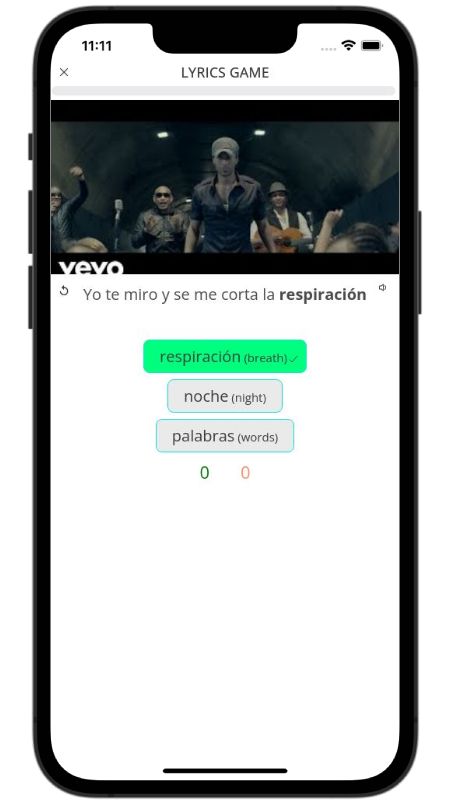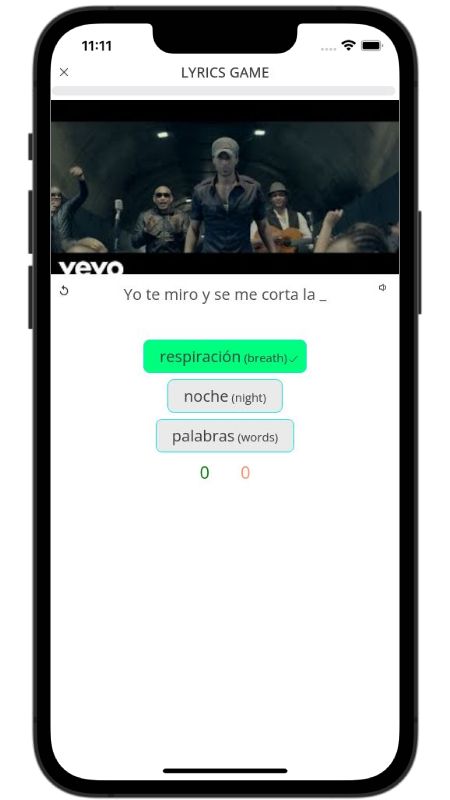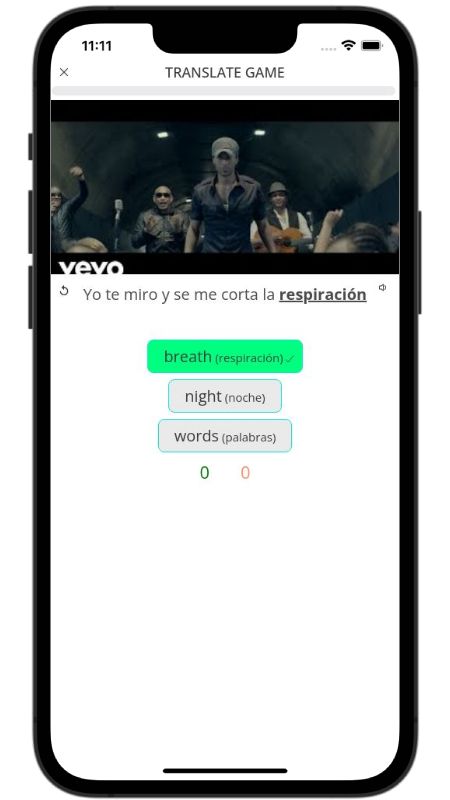Planta Lyrics in English Soda Stereo
Below, I translated the lyrics of the song Planta by Soda Stereo from Spanish to English.
Wise sap through my body
Like Acapulco gold
I'm getting ready
I don't know what's happening to me
That I can't come back anymore
So much going off on tangents
Now I trace the wounds
Faith wasn't enough
Once a week
And I can't come back anymore
On hearing, on hearing
My vegetal voice
Today I need my feet tied down
In the air I know that I'm nothing but less
Than what I could be
I resist pushing you into another game of chance
In the air the longing of my voice reverberates
My vegetal voice, vegetal
Vegetal love
Lyrics and Translations Licensed & Provided by LyricFind
Did you like this lyrics translation?
Did you know?
In addition to reading lyric translations, you can now learn Spanish with music and lyrics from your favorite artists.
No more boring lessons. You can now learn with engaging and culturally relevant lyrics from the best artists.
Apple and App Store are trademarks of Apple Inc.
Google Play and the Google Play logo are trademarks of Google LLC.
MORE SODA STEREO
iOS AppAndroid AppWeb LessonsFree PDF WorksheetsJoin ClassroomLyrics TranslationBlogAbout UsBuy as GiftLifetime













